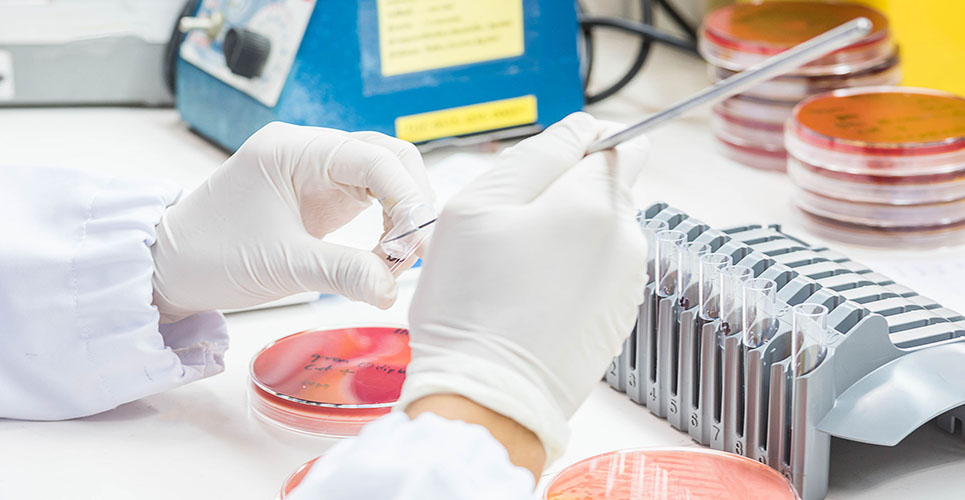teaser
A drug commonly used to treat malaria has been found to increase the risk of resistance to a widely used class of antibiotics.
Researchers in Canada found that treating malaria with chloroquine could boost the risk of resistance to fluoroquinolones, as the two drugs are close cousins.
The team of researchers studied people in remote South American villages who were believed to have never taken the antibiotic ciprofloxacin, the generic name for Bayer AG’s drug Cipro, and one of the most popular fluoroquinolones. They had, however, received frequent treatment for malaria with chloroquine.
They had expected to find no resistance to ciprofloxacin, or related fluoroquinolones, in any of the people they studied, so were surprised to find that 4.8% had strains of E coli that were resistant to ciprofloxacin.
Lead researcher Dr Michael Silverman, of Lakeridge Health Centre in Oshawa, Ontario, said the loss of fluroquinolones – the most commonly used antibiotics in North America and Europe – would be a “major blow” to public health.
“Chloroquine use for malaria may make the fluoroquinolones less effective for many common tropical diseases such as typhoid fever, diarrheal illnesses, and possibly also tuberculosis and pneumonia in the developing world,” he said.
The study appears in the journal PLoS One.
Copyright PA Business 2008

